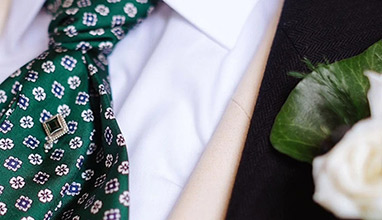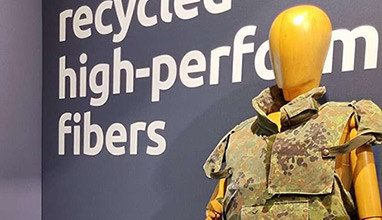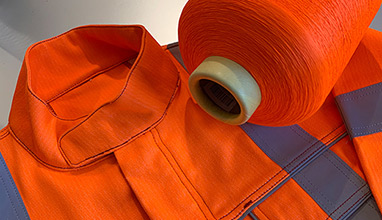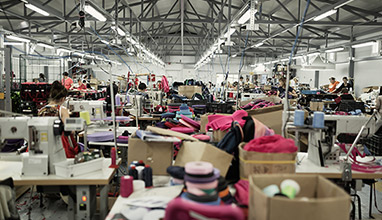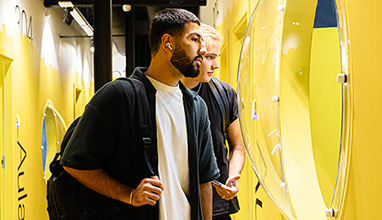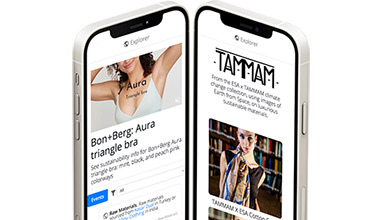Searching Alternatives To Leather: The Rise Of Vegan Leather
Leather's been around for ages—over 7,000 years. No wonder it's a classic for clothes and everyday stuff. Traditional leather typically uses animal hide like cow or horse. However, the dark side of this tradition is that over 1.4 billion animals are slaughtered yearly just for their hides. (1) Hence, nowadays, more people are seeking alternatives to leather derived from animals. For instance, 58% of consumers, regardless of generation, are willing to spend more on sustainable products. Vegan leather is one such product offering a stylish alternative. It replicates the look and feel of real leather without harming animals, a major concern for many today. (2) Vegan leather can be a compelling alternative for those who practice sustainability and ethics in fashion. Want to know more? Read on to learn more about this eco-friendly material, the reasons to consider it, and its exciting future in fashion.
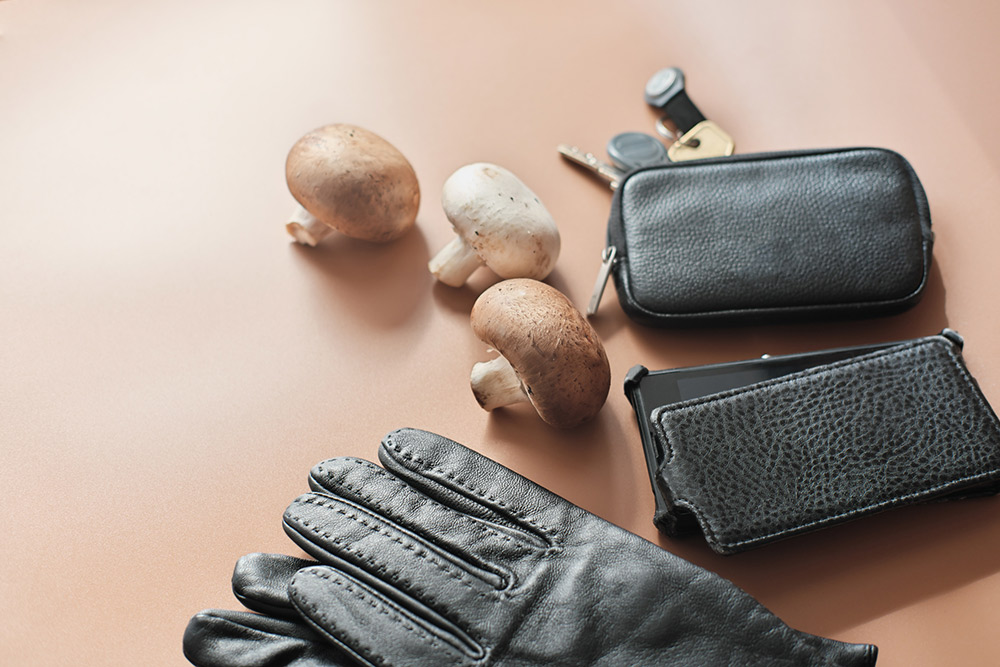
What is vegan leather?
Unlike faux leather, which is often made of synthetic materials, vegan leather can come from natural sources. Von Baer says that vegan leather is less elastic than traditional leather, but is thought by PETA to be much more sustainable.
The usual types you'll encounter include:
Plant-based leathers
Plant fibers are the most common vegan materials and alternatives to leather since they're cruelty-free and biodegradable. Leather makers often use palm leaves, pineapple fibers, apple peels, or cactus fibers due to their durability and leather-like feel.
Mushroom leather
Mushrooms are no longer limited to your favorite dishes. Sustainable leather manufacturers have found ways to turn the humble mushroom into fashionable vegan leather pieces. They utilize mycelium—the root-like structure of fungi—to create a hard-wearing product that's like leather in both looks and feel. Mushroom leather is still relatively new in the industry, but it's gaining traction among ethical fashionistas. It's even estimated to have a USD$1 billion market value. (3)
Cork leather
Besides serving as wine stoppers, cork is a feasible material for leather products. It's derived from the bark of a cork oak tree. A benefit of cork is that it's water-resistant and lightweight, which are fantastic properties for leather goods like shoes, wallets, and handbags.
Why choose vegan leather?
Why choose vegan leather over traditional leather? Here are some compelling reasons:
Ethical considerations
For those who care for animal welfare, the choice of vegan leather is straightforward. You can have a sense of fashion without sacrificing what you believe in. The leather industry often uses harsh chemicals and unethical practices that harm animals and the environment.
Sustainability
In terms of the environment, traditional leather-making notably leaves a significant carbon footprint. For one, processing animal hides usually results in waste, which, if not properly managed, travels to the soil and water. Also, livestock farming alone requires vast amounts of water and land. Making vegan leather, on the other hand, reduces the reliance on virgin resources. Plant-based leather requires less water and land area to produce, unlike animal-hide leather. While processes vary between materials, vegan leather production is still generally believed to be more sustainable.
Performance and durability
Because of the appeal and reputation of cow or horsehide, there are still some people who believe vegan leather goods to be low-quality alternatives to leather. However, it's no longer the case today. Modern vegan leather products are keeping up the beloved qualities of their traditional counterparts. Many plant-based options boast long-lasting and durable properties that are resistant to scuffs, scratches, and, sometimes, water. Some vegan leather clothes are breathable as well, so they can be worn for a long time while feeling just as comfortable and stylish.
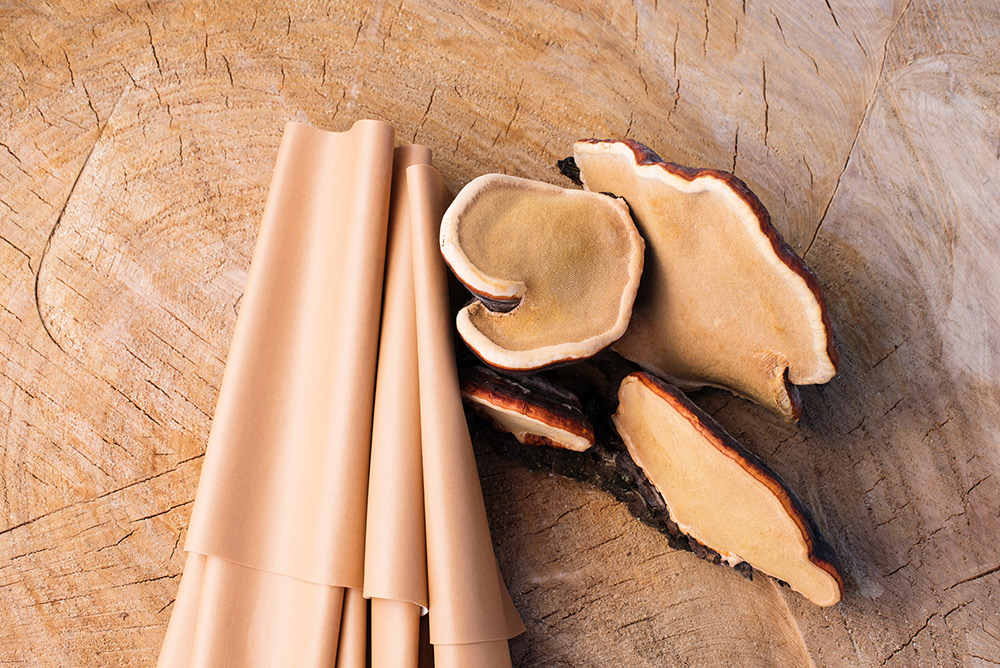
Cost
Traditional leather is quite well-known to be pricey, so vegan leather offers an affordable alternative. However, some vegan products cost the same as high-quality traditional materials. Despite that, most vegan leather products tend to be more budget-friendly and accessible to many people.
The cost of vegan leather may also depend on the kind of product. Simple vegan leather wallets could be more affordable than complex jackets or boots.
If you plan to invest in vegan leather, consider its overall value and quality, especially if you're buying it to dress professionally. Choose quality items rather than those that were cheaply made so that they will last for years.
The future of vegan leather
As more people all over the world tend to follow a fully vegan or more sustainable lifestyle, vegan leather may soon become more socially accepted. Women's vegan fashion, in particular, is expected to see a projected value of USD$1.1 trillion by 2028. (4)
Consumer demand and growth in ethical fashion trends are persuading companies to start investing in sustainable products and, consequently, alternatives to leather. Researchers are constantly developing new ways to make it even more durable and stylish. You may see more vegan leather pieces with improved durability and style in the future.
Looking for stylish yet sustainable alternatives to leather? Then, give vegan leather a try. It's just as excellent as traditional leather without the drawbacks of harming animals and the environment. It could also grow in popularity in the coming years.
Long-time vegan or not, if you want to make sustainable choices and stay on-trend, vegan leather is a great option. It's a guilt-free way to wear the latest fashions. Who knows? You might encounter a vegan leather product you'll be proud to have in your wardrobe.
References
1. "Shocking Investigation: Gruelling Journeys Endured by Animals in the Global Leather Trade", Source: https://www.peta.org.au/action/leather-trade-investigation/
2. "Survey Reveals Consumers Prioritize Purchasing Sustainable Products and Desire Greater Transparency from Companies on Sustainability Progress", Source: https://www.prnewswire.com/news-releases/survey-reveals-consumers-prioritize-purchasing-sustainable-products-and-desire-greater-transparency-from-companies-on-sustainability-progress-301988839.html
3. "Fungal mycelium as leather alternative: A sustainable biogenic material for the fashion industry", Source: https://www.sciencedirect.com/science/article/pii/S2214993723001598
4. "Vegan fashion market worldwide - statistics and facts", Source: https://www.statista.com/topics/9594/vegan-fashion-market-worldwide/#topicOverview
Photos: Adobe.com
Hits: 4103 | Leave a comment








